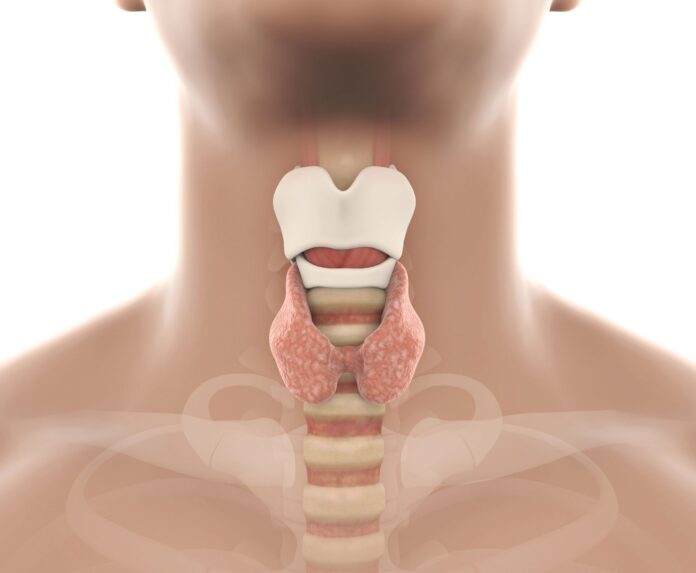In your neck, there is a thyroid gland that produces T3 and T4 hormones that regulate various bodily functions. When the secretion of these hormones is affected, it results in abnormal health conditions. If the secretion of thyroid hormones is increased- the condition is called hypothyroidism.
Hypothyroidism is a condition when your thyroid gland produces too little thyroid hormone. It needs to be treated soon because if left untreated, it can lead to various complications. The symptoms of hypothyroidism are also bothersome. As time passes, hypothyroidism may cause symptoms such as weight gain, joint pain, heart disease, and infertility.
To diagnose the condition, your healthcare providers will perform a test that can help detect thyroid hormone concentration in blood. The treatment for hypothyroidism is not so complex. The healthcare providers administer external thyroid hormone that can help normalize the concentration of thyroid hormone. The treatment is safe and effective, once your healthcare provider finds the right dose for you. If you have a complaint of hypothyroidism, you should visit a doctor. For more information, you can visit oladoc.com.
What Are The Symptoms of Hypothyroidism?
The signs and symptoms of hypothyroidism vary from person to person, depending upon the level of thyroid hormone deficiency. The symptoms do not appear promptly. They often develop over a period of time.
In the initial stage, you may notice fatigue or lethargy and may not take them seriously, but as the condition progresses, the symptoms may show up as:
- Fatigue
- Increased sensitivity to cold
- Constipation
- Dry skin
- Weight gain
- Puffy face
- Hoarseness
- Heavier than normal or irregular menstrual periods
- Thinning hair
- Slowed heart rate
- Depression
- Impaired memory
- Enlarged thyroid gland (goiter)
- Muscle weakness
- Elevated blood cholesterol level
- Muscle aches, tenderness, and stiffness
- Pain, stiffness, or swelling in your joints
Mostly hypothyroidism occurs in middle-aged and old-aged men and women. However, it can occur in infants too. Sometimes babies born without thyroid glands or who do not produce enough thyroid gland glands may have symptoms of hypothyroidism. It may show up as:
- Jaundice- a condition in which yellowing of eyes and skin occurs due to accumulation of a substance called bilirubin.
- Difficulty breathing
- Hoarse crying
- Long protruding tongue
- Umbilical hernia
As the disease progresses, the growth can be impacted in babies having hypothyroidism. They may also have the following symptoms:
- Excessive sleepiness
- Poor muscle tone
- Constipation
Hypothyroidism needs to be treated in infants as soon as possible. If left untreated, it can lead to severe mental and physical retardation.
In children and teens, the symptoms of hypothyroidism are quite similar to adults. It may show up as:
- Poor growth that results in short stature
- Delayed development of premature teeth
- A delay in puberty
- Poor mental development
What Are The Risk Factors For Hypothyroidism?
Factors that can increase the risk of hypothyroidism are:
- Being a woman
- Age older than 60
- Having a family history of hypothyroidism or thyroid disease
- Having an autoimmune disease such as diabetes or celiac disease
- Getting treated with radioactive iodine or anti-thyroid medications
- Getting your neck or upper chest exposed to radiations
- Getting under thyroid surgery
- Being pregnant and delivering baby within the past six months
What Are The Complications of Hypothyroidism?
Hypothyroidism, if left untreated, can lead to various complications.
- Goiter
- Heart problems
- Mental health issues
- Peripheral neuropathy
- Myxedema
- Infertility
- Birth defects in babies born to women having hypothyroidism
The Bottom Line
The thyroid hormone performs various bodily functions, therefore if left untreated, it can lead to various complications.
Thyroid diseases should not be taken lightly. If you have any symptoms of hypothyroidism or hyperthyroidism, you should visit your healthcare provider soon. They can diagnose the condition and prescribe the medications you need so that you remain healthy. For an expert opinion, you can visit Best Internal Medicine Specialist in Islamabad.































